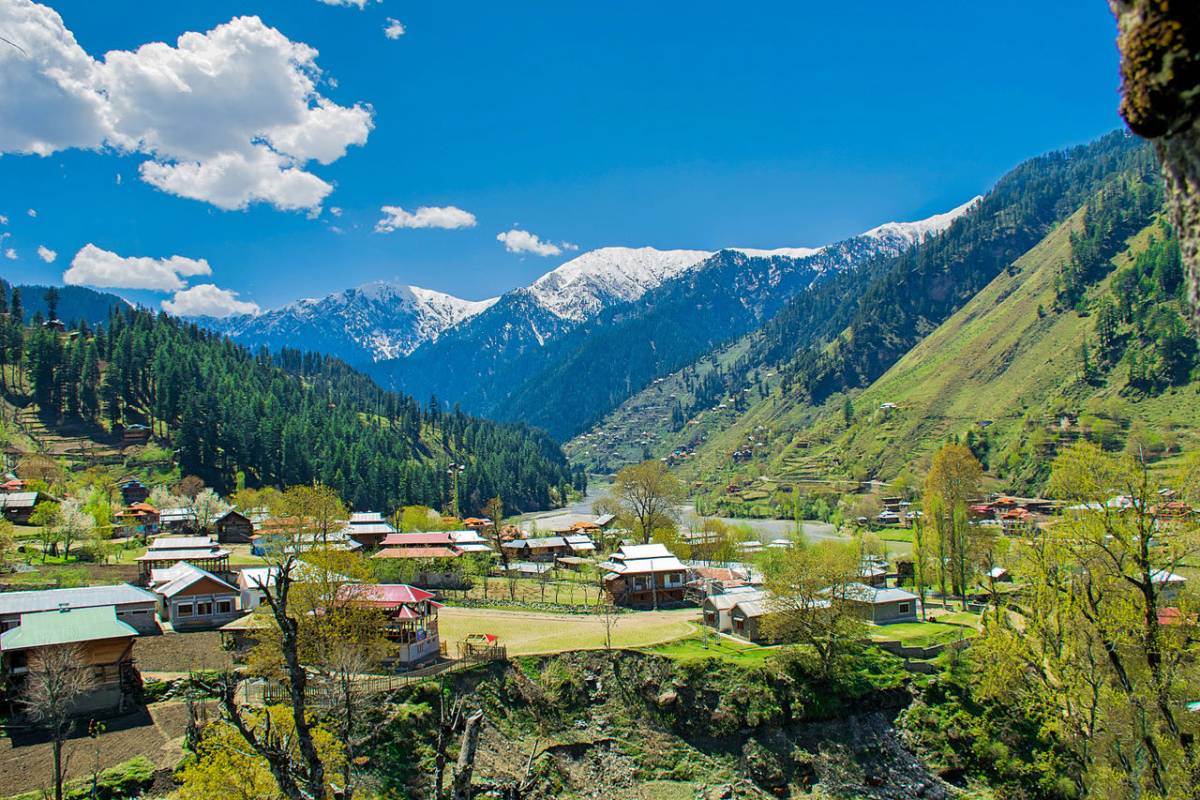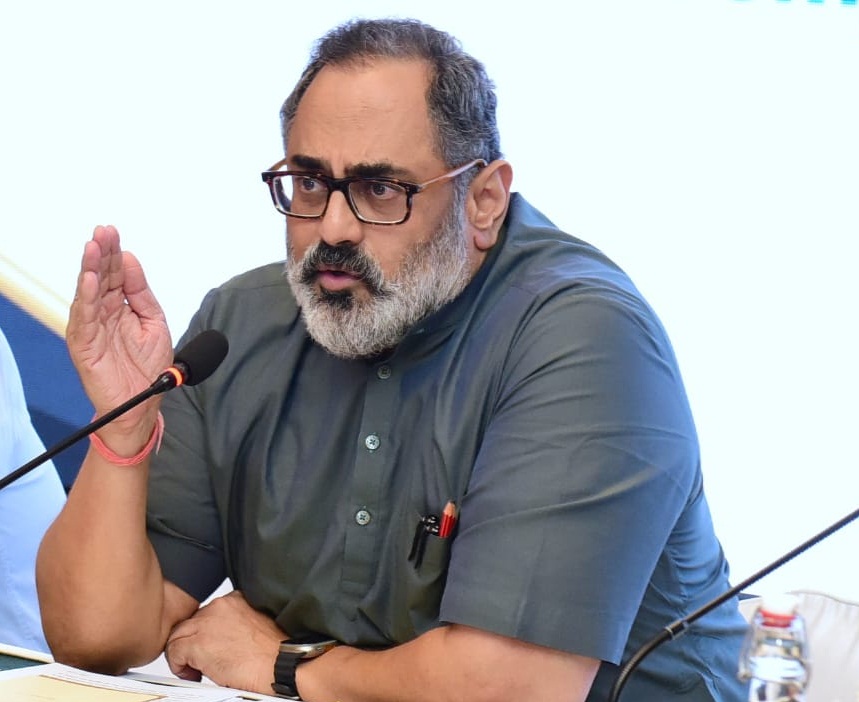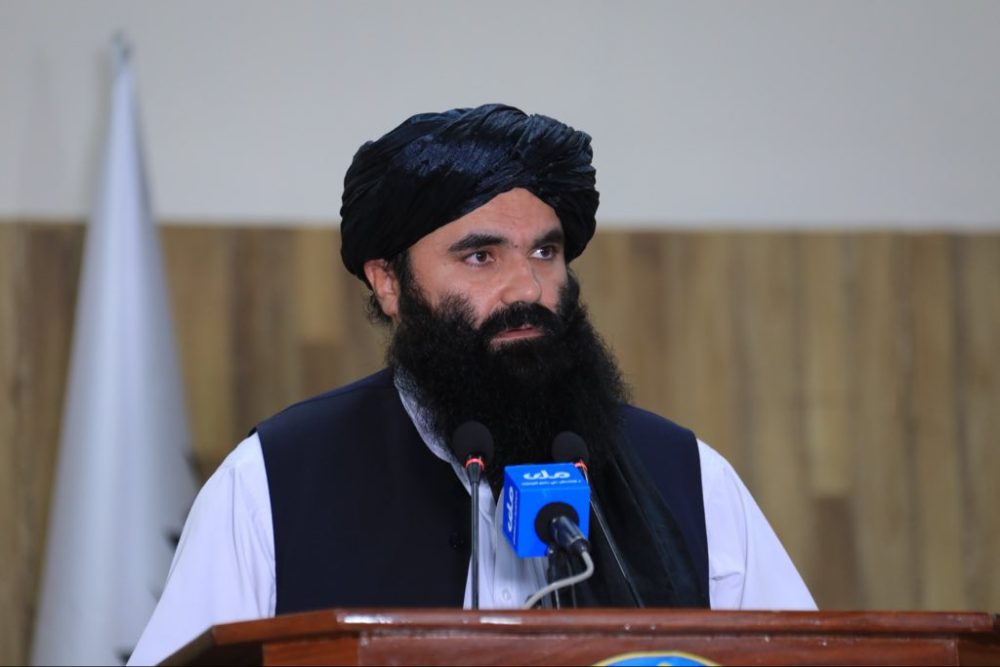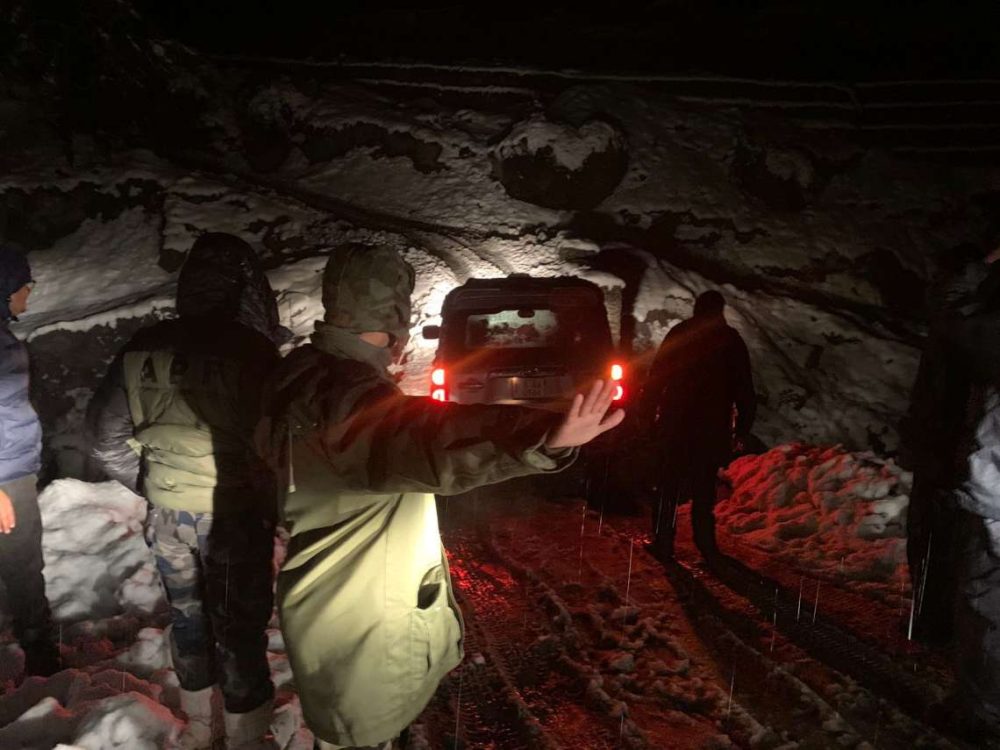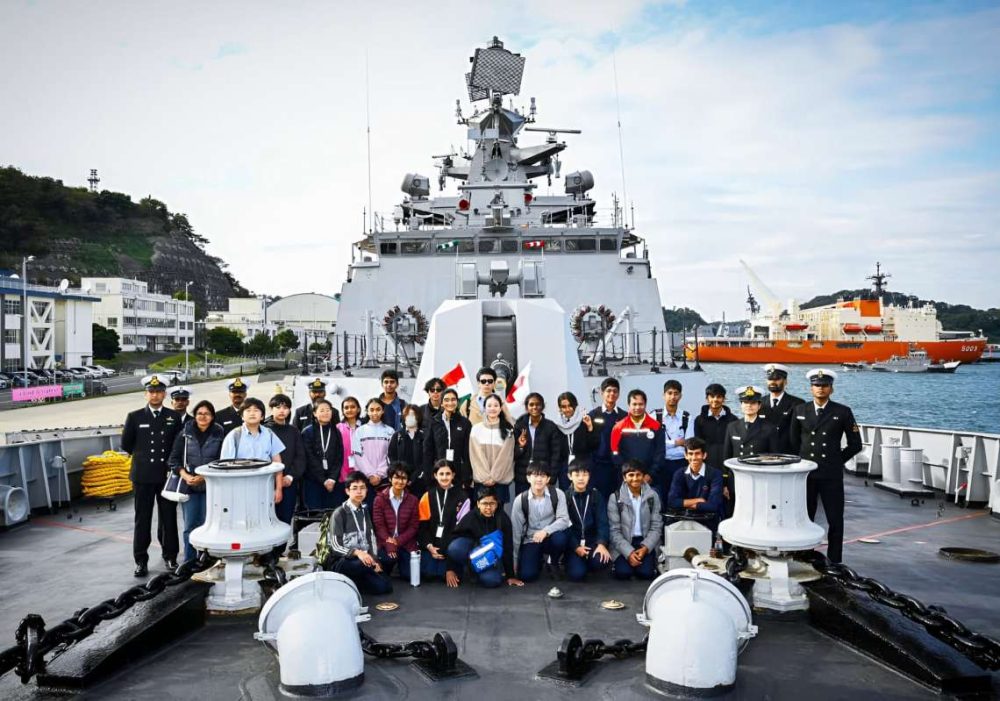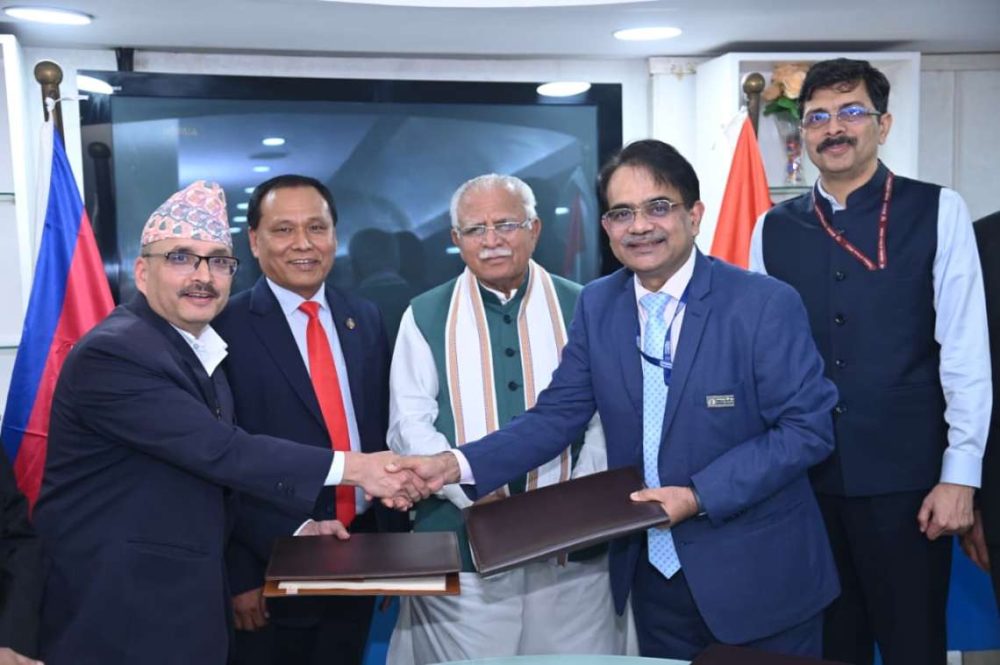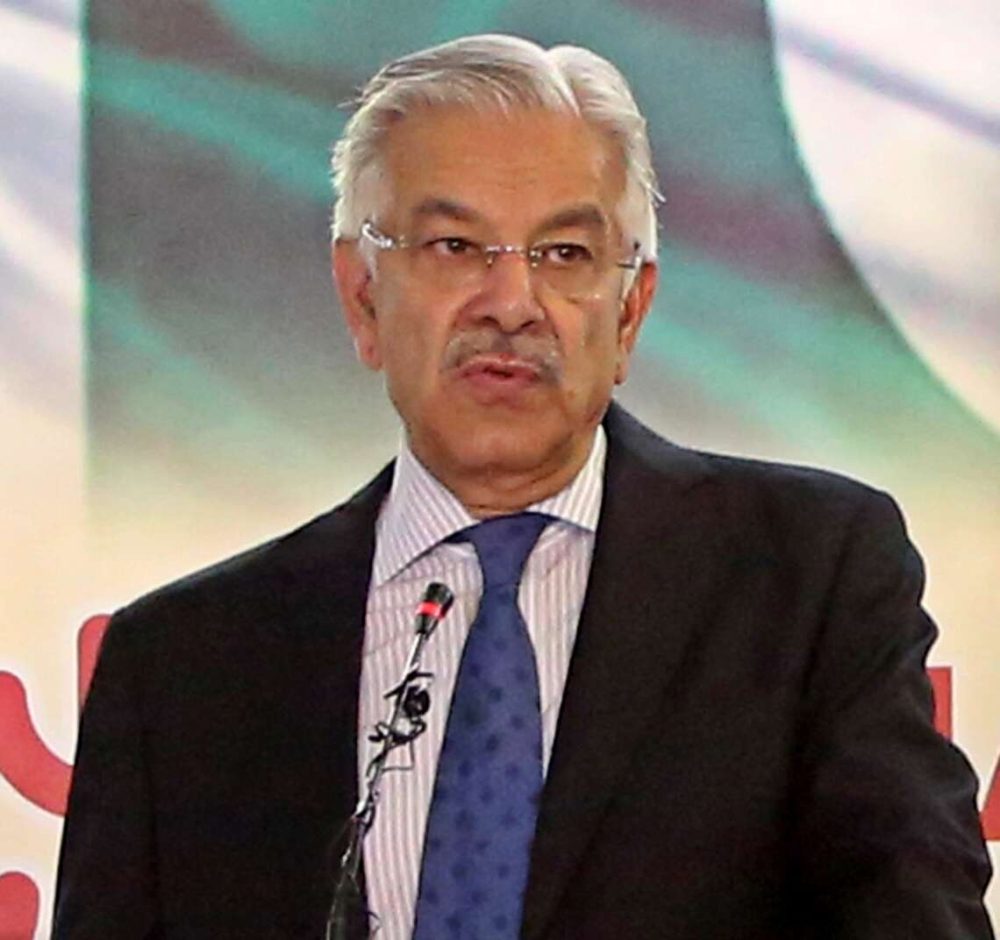As the international community has accepted the fait accompli on J&K, Pakistan’s misinformation campaign on Kashmir is faltering very fast. Paid Kashmiri NGOs lack the motivation, trust, and public support needed to sustain the propaganda on Kashmir. Consequently, internal fault lines are becoming increasingly visible as ‘Kashmir-only’ groups rapidly lose relevance and face greater international scrutiny
Pakistan-backed international Kashmiri groups are fighting among themselves over the biased treatment from the Pakistani security establishment. According to sources, the United Kingdom-based Jammu and Kashmir Council for Human Rights (JKCHR) has recently expressed concerns regarding a reported visit of a Kashmir American Council (KAC) delegation to Pakistan in May.
It is noteworthy that Ghulam Nabi Fai is the president of the United States-based KAC. In 2011, the U.S. Department of Justice had charged Fai with participating in a long-term conspiracy to act as an agent of the Pakistani government in the U.S. “without disclosing their affiliation with the Pakistani government as required by law.” Since then, several Kashmiri separatist groups have sidelined Fai and his organization to safeguard their anti-India propaganda. Moreover, JKCHR and similar groups have accused Fai of jeopardizing the so-called Kashmir movement by allegedly assisting U.S. security agencies during his indictment to secure an early release from prison.
Some Kashmiri separatists even claim that the information shared by Fai ultimately helped India abrogate Jammu and Kashmir’s ‘special status’ under Articles 370 and 35A in August 2019. Pakistan has been financially supporting groups like KAC and JKCHR to keep the Kashmir issue alive in international organizations such as the United Nations and the Human Rights Council. However, it has become increasingly difficult for the Inter-Services Intelligence (ISI) to manage these groups after India’s decision on J&K in August 2019 and financial constraints in Pakistan. While there have always been differences among Kashmiri separatist groups, or so-called Non-governmental Organizations (NGOs), over control of the international narrative on Kashmir and financial matters, these divisions have now become more pronounced. Consequently, reports of JKCHR’s open rebellion against Fai’s group have further exacerbated tensions among foreign-based Kashmiri groups, weakening the ISI’s control over their activities.
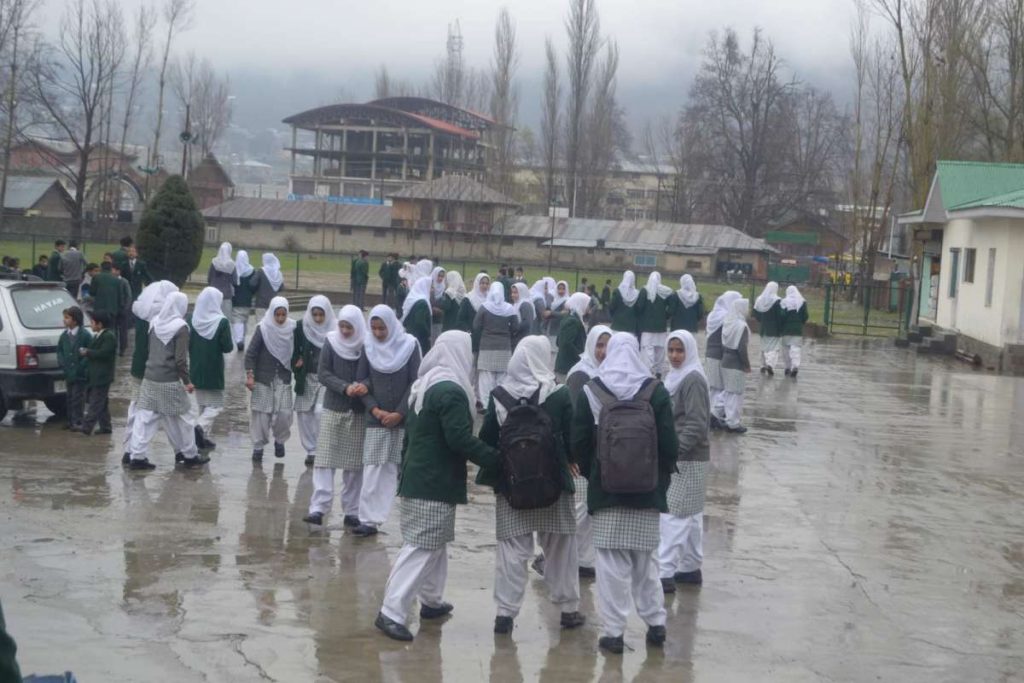
To make matters worse for Pakistan, ongoing mass protests in Pakistan-Occupied Jammu and Kashmir (PoJK), including Gilgit-Baltistan (GB), have deepened the mistrust between Kashmiris and Pakistan’s military establishment. Locals in PoJK are increasingly aware of positive economic and political developments in Jammu and Kashmir and feel helpless over the exploitation of their resources and their treatment as “outsiders” by Pakistani state authorities. Additionally, reports of differences between the two main ISI-funded Kashmiri groups have further raised doubts among people in PoJK, who were led to believe that KAC and JKCHR were fighting for the so-called ‘Kashmir cause’. According to sources, JKCHR president Syed Nazir Gilani has even labelled Fai as an “enemy within” the Kashmir movement.
It has also been reported that several Kashmiri groups were unhappy with Fai’s organization after it removed the ‘right to self-determination’ from the final declaration at a Kashmir conference in 2006. Therefore, it is surprising that despite Fai’s indictment in 2011, his compromise for a reduced sentence and negative image among Kashmiris, the ISI continues to financially back KAC and had even opened the ‘Kashmir Centres’ in different countries. This made other Kashmiri groups insecure, ignored and led to the criticism of these Centres as a tourist place for regular visitors fromIndia, Pakistan, PoJK, and other parts of the world. People like Fai and Gilani have used the Kashmir issue as a means to make a fortune for themselves. There has been a tough competition among these groups to curry maximum favor from Pakistan’s military establishment after the externally supported Islamist insurgency broke out in J&K.
Furthermore, reports indicate that despite being a convicted criminal, Fai has been actively involved in anti-India lobbying in the US. He has been appearing on various audio-visual platforms across the country to spread misinformation about the Kashmir issue and alleged atrocities against minority communities in India. Fai is now the secretary-general of the Washington-based World Kashmir Awareness Forum (WKAF), which is led by Ghulam Nabi Mir, the president of the organization. WKAF is among the most aggressive anti-India voices in the US and openly calls for Kashmir’s secession from India. Unlike other groups such as JKCHR, which has sometimes been accused of taking independent stances on the Kashmir issue, Fai’s role as a paid propagandist for the ISI extends beyond Kashmir. These reports also suggest a growing mistrust between the Pakistani security establishment and its paid actors concerning Kashmir.
As the international community has accepted the fait accompli on J&K, Pakistan’s misinformation campaign on Kashmir is faltering very fast. Paid Kashmiri NGOs lack the motivation, trust, and public support needed to sustain the propaganda on Kashmir. Consequently, internal fault lines are becoming increasingly visible as ‘Kashmir-only’ groups rapidly lose relevance and face greater international scrutiny. ISI-backed operatives like Fai have expanded their agendas beyond the Kashmir issue. The importance of individuals like Fai to Pakistan regarding Kashmir can be gauged from an October 2016 report prepared by a 13-member committee of the Pakistan Senate. This report recommended the formation of a Media Coordination Committee (MCC), comprising journalists as well as representatives from the Foreign Office of Pakistan, Ministry of Information, Parliament, and intelligence agencies, to develop a counter-propaganda campaign against India and design a media strategy to continuously highlight the Kashmir issue. As Pakistan attempts to internationalize the Kashmir issue, its internal faultlines are now coming out in open with different Kashmirigroups are casting aspersions on each other. With the growing anti-Pakistan sentiments in PoJK, these faultlines will become more visible in the coming months.


